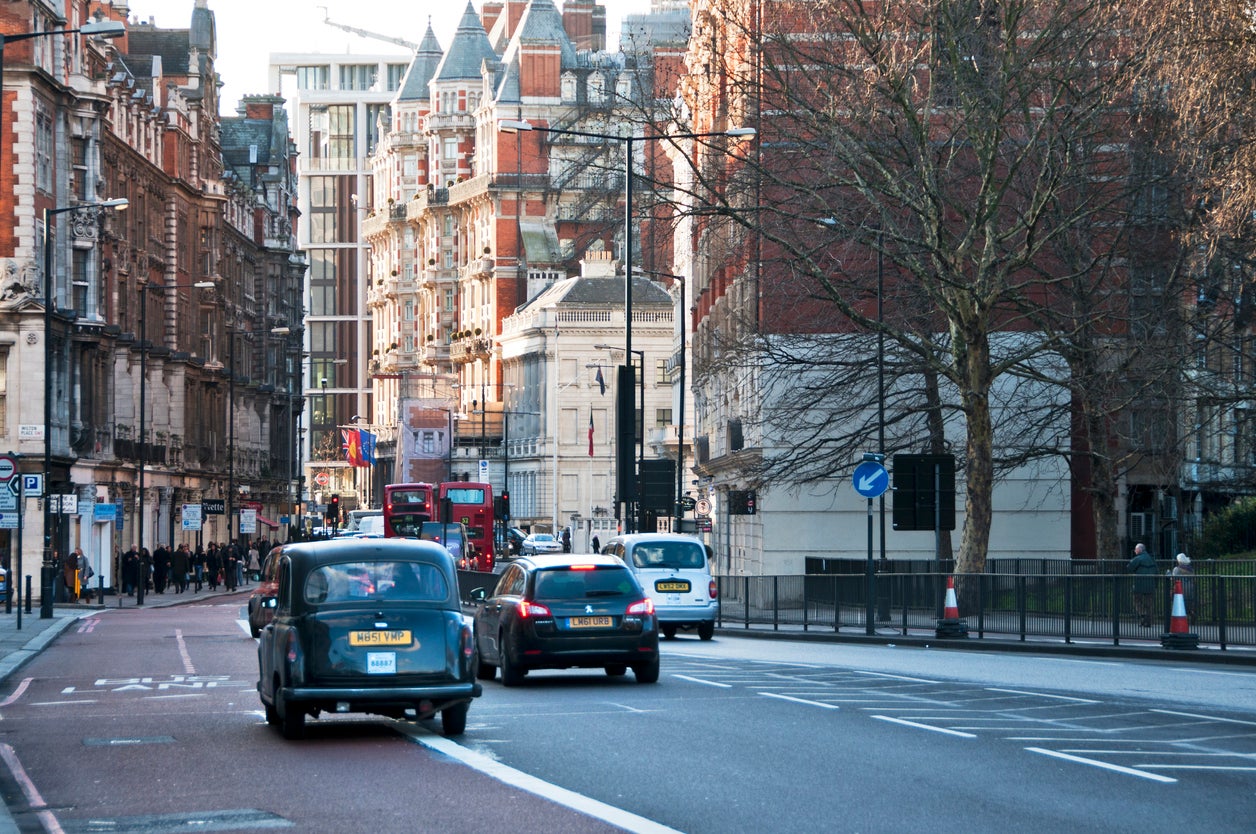Are you ready for a council tax clobbering?
The levy is rising sharply and the IFS says it has never been so unfair, writes James Moore


The average increase in one of the most unfair levies the British government has ever come up with is 4.4 per cent this year. We’re all now on the clock.
There are some who would argue against describing this as a stealth council tax hike because the levy is set and collected by local authorities. They would be wrong.
The majority of councils’ funding comes from central government, which also has the power to cap the amount they can raise themselves. When ministers starve them of central funding they have little choice but to increase council tax by the maximum amount allowed. That’s what has happened this year when more than half have imposed increases of 5 per cent.
Bad enough that this is more than 12 times the current rate of inflation – 0.4 per cent – but it gets a whole lot worse when you consider the unfairness of it all.
The problem was highlighted by the Institute for Fiscal Studies, the respected non-partisan think tank. It managed to ruin my Wednesday by pointing out that the last time properties were revalued for council tax purposes was back in 1991 when Chesney Hawkes topped the singles chart with “The One and Only”.
Read more:
If, like me, that 30-year-old song gets into your inner ear and sticks around to torture you, you can let them know via Twitter.
But while you can criticise the IFS for drawing attention to one of the more annoying number ones this country has produced, it was quite right to highlight the problems with the tax.
Let’s look at London’s Royal Borough of Kensington and Chelsea. When the last revaluation exercise was performed, a property had to be worth just £320,000 to get into band H, the top band, there. Needless to say, you’d be lucky to find a garage for that price in a borough beloved by ultra-wealthy ex-pats, A-list celebrities and senior investment bankers today.
The way the banding system works means a billionaire oil sheikh would pay the same amount for a multi-room mansion as a moderately successful executive would for one of the borough’s fancier flats. They’d both be in band H.
But that’s not the half of it when it comes to unfairness.
Not everyone in the borough is loaded. Kensington and Chelsea also hosts the shell of the Grenfell tower, for example, which was consumed by fire in 2017 leading to 72 deaths. As with much of the capital, the very rich rub shoulders with the very poor there and there are a lot of people on middling incomes in between.
Let’s consider a key worker just starting out in a band A property. It’s astonishing to think that your studio flat had to be worth less than £40,000 to qualify for the lowest rate when the Chesney Hawkes revaluation was done, a sum which might just about buy you a closet in Chelsea today.
Under the 2021-22 council tax schedule, band A properties today pay a total of £875.73, which represents just a third of the amount (£2,627.20) payable by oil barons and bankers in their luxurious band H homes. For the record, the benchmark band D pays £1,313.60.
Numbers like that are why the idea of a so-called mansion tax has proved to be quite popular.
It gets even more perverse when you consider that a house that has had a loft conversation and a conservatory added since the revaluation pays the same as a run-down property with neither next door.
Remember too that house prices rise at different rates depending on location. Property A could now be worth twice as much as property B in the same borough, but if they were both in band D when Chesney was in constant rotation on Radio 1, they’ll still be in band D today.
The unfairness extends between as well as within regions. House prices in London and the southeast have boomed, meaning that they are now greatly undertaxed compared to the north where growth has been much slower.
The IFS described council tax as “regressive” and it was right to do so. It has also called for “revaluation and reform”. I’d argue that scrapping the thing in favour of something more closely linked to people’s ability to pay would be better still. Either option ought to find favour in places like, say, the red wall where properties are now greatly overtaxed.
Trouble is, when Tony Blair’s government made an attempt at revaluation, the howls of outrage from those on the wrong side of the exercise were so loud that it retreated. Would today’s Tories show more resolve in favour of their newly minted northern seats if it meant taking on Surrey? Doubtful.
Politicians tempted to sail into property tax territory are apt to find themselves in choppy waters whatever the colour of rosette they wear, so there’s a very good chance that the IFS will be annoying us all with thoughts of Chesney and his one-hit wonder in 10 years’ time.
Join our commenting forum
Join thought-provoking conversations, follow other Independent readers and see their replies
Comments